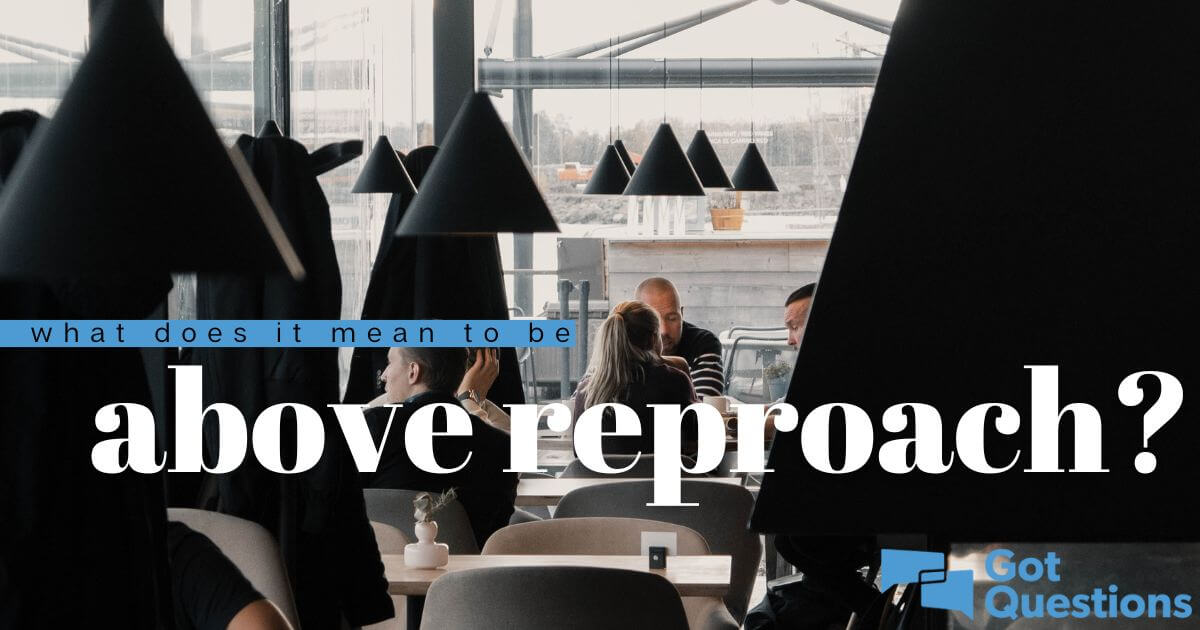Table of Content
- What does it mean to buy a home “as is”?
- Experts weigh in on the implications of buying or selling a house as-is.
- Better real estate agents at a better rate
- What can you do to protect yourself if you buy an as-is house?
- What Does As-Is Mean When House Hunting? And When Should Buyers Consider an As-Is Home?
- Advantages of Selling a House As-Is
This is especially relevant in highly competitive markets like the Bay Area, where bidding wars often drive up the asking price. The seller simply wants to avoid negotiations over repair concessions. Based on the information you have provided, you are eligible to continue your home loan process online with Rocket Mortgage. Either way, a seller refusing to allow an inspection is your cue to ask questions or get away from the sale as fast as possible.

A real estate inspection costs around $300 to $800, and typically occurs after the buyer has made a sales offer on real estate that’s been accepted and put down a deposit. Whatever the reason, the current sellers aren’t willing to pretty up a home before selling it. All of this means that the buyer of this house inherits any problems a home may have, too.
What does it mean to buy a home “as is”?
An as-is home might just be an excellent opportunity for you to flip your first house. This step is pretty standard in most real estate transactions, but a title search will show you who owns the rights to the property. You’d assume it’s the seller; however, there might be a lien or old claim on the house that even they didn’t know about. A title search will protect you down the line from legal trouble or someone else later claiming they rightfully own the property (seems far-fetched, but it happens more than you think). These homes are usually more affordable, and it may just be the bargain you’re looking for to put your own stamp on a house.

Remember in The Money Pit, where Tom Hanks believes he’s found the perfect house for a bargain price only to end up with a crumbling staircase and holes in the floor? We’re not saying that will happen when buying a home as-is, but it’s at least a risk. Even if you complete a home inspection and do your due diligence, there might be more issues lurking around the house you’re unable to see.
Experts weigh in on the implications of buying or selling a house as-is.
Unless the seller knowingly lied about the condition of the house , the buyer has little legal recourse. This is the most important thing you can do before buying a home as-is, Verdel says. An experienced and attentive real estate attorney will make sure you fully understand what you’re getting into and will explicitly lay out your options if things go awry in the course of the transaction. They can be expensive (around $150 to $350 an hour), but they are worth it.

Cash buyers and corporate investors look for home sellers who want a fast sale, but they expect those sellers to offer a low list price in exchange. Those two short words in a listing usually indicate that the home may be considered to be a fixer-upper. The house will have a relatively low list price to start with, and the sellers might even entertain still lower offers. While on the surface, a lender selling a home may bring the perception of getting a “deal” or being able to buy the property cheaper than market value, that’s often a misconception.
Better real estate agents at a better rate
With all that in mind, you may find that buying or selling a home as-is is the right move for you—or that you need to reconsider your options. When you do find a buyer , you can expect that any offers on your as-is home will be lower than they would be if you were willing to do any needed repairs as part of the sale. Your buyer will also be allowed to perform an inspection for their own information, even if you don't plan to make repairs based on the results. "We see a lot of home improvement projects around the buying and selling of homes. As-is homes often have an implicit amount of work, but that is known to the buyer," Micetich says. In many cases, a buyer will opt to list as-is a home needs extensive repairs or work, and the owner is not willing or able to take it on, for whatever reason.

A top-notch, detailed buyer agent is invaluable in any home search, but specifically when buying a home as-is. They will ensure the offer package is done correctly, and they will use their network to put you in touch with the best attorneys, contractors, and inspectors they know. They will also give you their honest recommendations, giving you another person to discuss your thoughts with.
What can you do to protect yourself if you buy an as-is house?
As mentioned, buying a home “as is” could mean paying considerably less for a home than you would otherwise, and leaving you with room in the budget for repairs and upgrades. In a typical transaction, if your home inspection shows certain deficiencies, you may have the opportunity to negotiate with the seller for a reduction in the purchase price. This is usually not the case when it comes to buying an “as-is” home, so having a thorough inspection by a qualified and seasoned home inspector is highly recommended. This usually means the property will be listed with an agent as a power of sale listing and the lender will look for the best offer they can get.
In real estate, however, if someone sells you a lemon, squeezing out some lemonade could mean wringing out your wallet as well. Whether you decide to go forward or keep looking, a good agent will be there to help. As-is might just mean part of a house, or it might mean the whole building, so it will really depend on the property and your situation.
When an entire property is listed as-is, it means that what you see is very much what you get, so look carefully before deciding to buy. The seller likely isn’t going to make any repairs or offer credits for any issues you find, so you need to be comfortable with the work involved in this particular home. Another risk with buying a property "as is" is that you may not know what it's true value is at the time of purchase. This is important because a house is a big investment and knowing its value helps you determine whether it's worth the money. But since such homes tend not to be in good condition, you can't be completely sure whether it's a good financial decision.
Another challenge with buying such houses is that it can be hard to get a loan for them. Banks use houses as collateral and a house that's in poor condition can be grounds for a loan being rejected. So buyers looking to purchase such a property may have to raise funds themselves.
Of course, depending on the home, there could be any number of different issues the owner won’t be addressing before the sale. Of course, the flip side is that the house may have many hidden problems and you may be buying a total money pit. It could be something small and easily replaced, like a deck, or it could be the whole property. At present, lead paint is the only defect included in federal disclosure regulations.


No comments:
Post a Comment